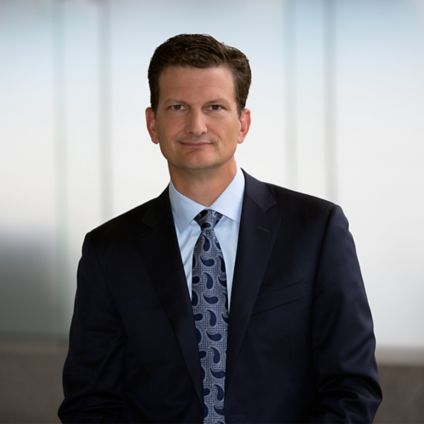Out of crisis into a new ESG reality Out of the crisis into a new ESG reality?
There are no silver linings in the crisis we face today—only lessons learned, some optimistic and all grounded in sober realism. From the loss of human life to the decimation of livelihoods, the costs of COVID-19 have been too great to claim otherwise. These past weeks have shaken the world order: as of this writing, roughly 78 percent of the world’s population have engaged in varying degrees of social distancing and by the looks of it, we will likely find ourselves in an economic depression.
Everyone is playing a critical role to help out and solve issues, from scientists rushing to produce a vaccine to hospital workers taking care of people to essential workers keeping groceries stocked. It’s inspiring, even in these most challenging of circumstances. Once we escape this tragic pandemic’s grasp, we may find a wholly changed world, for the better, but only if we take deliberate steps to plan for a new reality now.
Public health and economic stability are interrelated
Once the pandemic has quelled and we turn towards economic recovery, everyone will rightly be focused on public health and economic stability, especially as forecasters at the IMF predict GDP may fall by at least 3 percent this year. But we cannot and must not go back to taking the small, timid steps of yesterday and put climate change, sustainability and other ESG issues on the back burner.
According to a study quoted in a report by the WEF, there have been more than 12,000 infectious disease outbreaks since 1980, and nearly a third are directly related to deforestation. These include Ebola, Zika and Nipah viruses. Who knows which zoonotic virus will be the next to bring the world to its knees?
Big problems demand big solutions, and injecting capital simply to boost the economy regardless of the business need may provide a ‘Keynsian boost’ but will put us no closer to solving the larger issue permanently. It also seems that more targeted investment behind ESG-friendly businesses makes good economic sense as ESG investments appear to be fairly resilient in the face of this crisis (some by outperforming the stock market average by 10 percent).
Confronting climate change will help our economic recovery
During the great depression and after World War II, the world set out to make a new order with the explicit mandate to prevent the tragic from happening again. As we hear the loud creaking of strained institutions that protected us throughout the 20th century, the great lockdown presents the same option for a great reset with equal consequence—for our environment, for our health, for a sustainable future.
As we isolate, the environment has healed temporarily and skylines once darkened by industrial haze returned. Some have estimated a 5 percent reduction of carbon dioxide emissions, nearly wiping out the last decade’s global growth in emissions. Still this drop is not enough to stop global temperatures from rising.
One of our challenges now is to fix today’s economy and put people back to work while still investing in our environmental future by decoupling economic growth from carbon emissions once and for all. We can focus on making environmental gains permanent without losing economic dynamism. For the first time in human history, we have the technology, and human ingenuity to find the environmental and social solutions the world so badly needs. We are only limited by our collective will to do so. We have learned these past weeks, we have the capacity, willingness and creativity to change our ways, much more quickly than we could have ever imagined. Now, we need to keep that collective will and apply it to the biggest world problems.
By embracing the ESG agenda, we can look to price negative externalities rightly, build sustainable infrastructure that propels economic vitality through new technology, clean electricity generation, and sustainable methods of production. That is how we can respond to tragedies like COVID-19, the Australian wildfires, East African droughts, South Asian floods and countless others we have seen so recently. It will undoubtedly take a massive public private partnership of unprecedented scale, but as we have learned, we can transform the way we work and behave.
Once we emerge from isolation, I am optimistic that the lessons we are learning—all of us across the globe are learning the hard way—will forge our will to act, so we can make a more sustainable world for tomorrow. That future may prove the best way to honor all those directly affected by this tragic pandemic.


